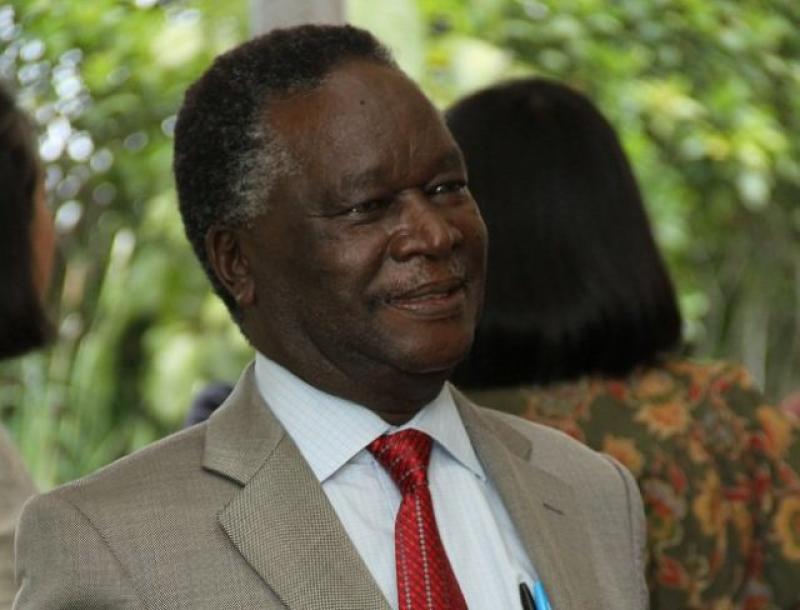×
The Standard e-Paper
Fearless, Trusted News

Awarded Sh27 million for libel, Chris Murungaru has joined a small group of (former) powerful public officials who have recovered substantial damages following criticism made against them for roles connected with their public offices.
In this category, the most successful libel claimant was the once powerful Cabinet minister, the late Nicholas Biwott, whose award of Sh30 million in 2000 remains the highest in Kenyan history.